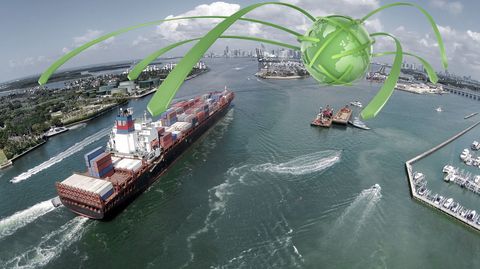The US Customs and Border Patrol (CBP) is to bring in a new ruling aimed at tackling the flood of counterfeit goods entering the country from abroad.
Under a law known as Section 321, goods valued at $800 (€679) or less and imported by one person on one day have been able to enter the US duty-free and without formal entry procedures at customs since 2016.
It was supposed to make it easier for importers to save time and money through not having their packages held up by the rigorous inspections necessary for more high-value shipments.
However, the reduced scrutiny proved to be an invitation to exploit the law for those looking to transport and distribute counterfeit products, with a recent US Department of Homeland Security (DHS) report stating the rapid growth of e-commerce has since resulted in a "flood" of pirated goods.
"Counterfeiting is no longer confined to street-corners and flea markets. The problem has intensified to staggering levels," it warned.
Indeed, recent data from the Organization for Economic Cooperation and Development found a 154 per cent increase in goods traded internationally between 2005 and 2016, taking the total value from $200 billion to an enormous $509 billion.
As such, the DHS said it would take immediate action to increase the scrutiny of the Section 321 environment and recommended that the US government do the same.
Now, the Wall Street Journal reports US customs officials will issue a new ruling this week to amend Section 321 and give border agents more information about the origin of the imports they receive.
As a result, shippers are expected to be required to include new information alongside their goods heading to the US going forward.
Although the precise details have not yet been confirmed, the CBP carried out a pilot project last year to test the acceptance of advance data from e-commerce supply partners.
This included information such as planned port of entry, shipper name and address, country of origin and fair retail value, so it is likely the updated ruling will feature much of the same.






